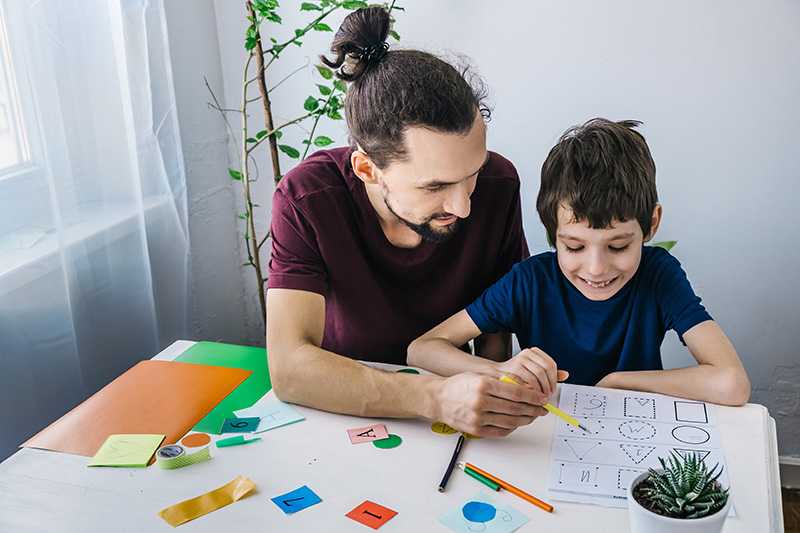According to the World Health Organization, about 1 in 100 children have autism. Children with autism spectrum disorder can struggle to develop daily life skills that can keep them from learning how to be independent. From developing communication and social skills to using visual aids for healthy routines and following directions, there are several techniques for developing daily living skills in young children with autism that you can incorporate into your child’s life.
At Carebot, we provide leading behavioral therapy in New Jersey to help children on the autism spectrum develop more self-confidence to achieve their fullest potential. Our New Jersey children’s therapy center offers a range of treatment programs so your child can receive the right care to best address their needs. Contact us today to learn more about how we can best support your child.
- Visual Aids to Guide Life Skills
First, visual aids are one occupational therapy technique that can greatly assist children with autism in developing life skills. This can look like using an “emotional thermometer” with faces ranging from happy on one end of the thermometer to sad or upset faces on the other end to depict how the child is feeling. Such a tool can help the child identify and communicate how they are feeling to others by referencing the emotional thermometer and pointing to where on the thermometer they are feeling. Another example could be using visual schedules to help guide a child to follow instructions and develop daily routines.
- Use Video Clips to Introduce Social Skills
Similar to the above technique of using visual aids, using video clips to introduce social skills can be a great way to help children on the autism spectrum understand how others are thinking or feeling. Because children with autism oftentimes have a hard time with social skills, watching video clips, whether it be a cartoon or other child-friendly show, can be a great way to engage with the child so you can ask them how they think a certain character they are watching may be thinking or feeling.
- Create a Coping Skills Booklet
Occupational therapy techniques for daily living skills in young children with autism can oftentimes involve a range of visual aids as support. Another visual aid you can use is to create a coping skills booklet that a child with autism can reference when they are feeling upset and are looking for ways to cope with their negative emotions. You can create this coping skills booklet by identifying with the child several activities they can do when they are feeling upset. Then, print out pictures of each activity and create a booklet so that the child can use it as a reference to find healthy activities they can do to cope with negative emotions.
- Play Simon Says
Finally, another occupational therapy technique you can use to improve a child with autism’s life skills is play Simon Says. Simon Says is not only a fun children’s game to play that can keep your child engaged, but it also helps improve valuable life skills from learning to take directions to communicating clear directions to others. The game also helps children develop a sense of creativity.
All in all, occupational therapy techniques for daily living skills in young children with autism can help develop valuable life skills in an engaging way. From practicing the value of daily routines through visual schedules to learning how to follow directions and clearly communicate in a game like Simon Says, there are a variety of occupational therapy techniques that you can use to improve your child’s sense of independence, learning, and confidence.
Top-Rated Behavioral Therapy in New Jersey
As you can see, there are a variety of techniques for daily living skills in young children with autism you can incorporate to help develop your child’s life skills. From developing social skills using visual aids to practicing communication skills, these are all essential skills your child can develop to build their sense of self-confidence and independence.
At Carebot, we offer leading behavioral therapy in New Jersey to help your child on the autism spectrum develop fundamental skills to lead a more confident life. We understand that each child may need different resources to foster self-confidence and growth. That’s why we provide a range of treatment programs to best support your child’s unique needs. Contact us today to learn more about our ABA therapy in New Jersey and our other therapy programs.
